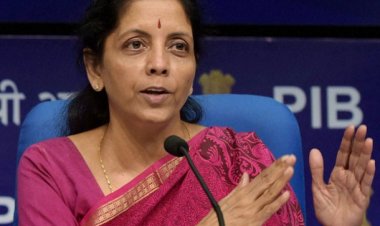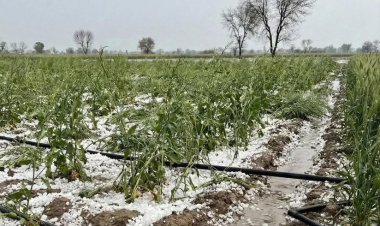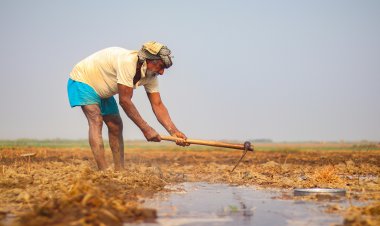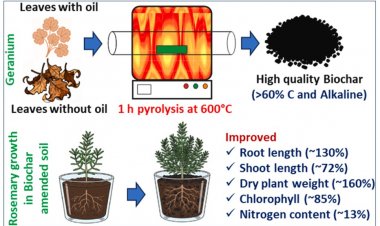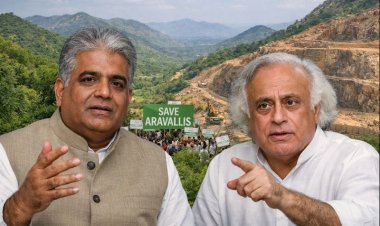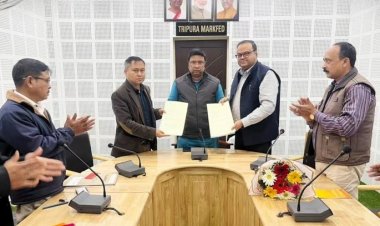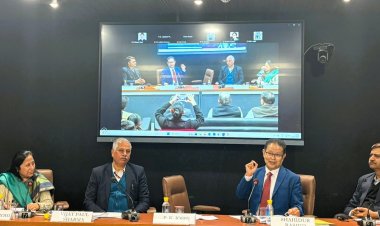UP govt silent on interest on arrear payments; will SC decide sugarcane farmers’ rights?
Legally, the calculation of arrears starts 14 days after cane supply because farmers should receive payments within a period of 14 days. There is a provision of interest if payments get delayed beyond this period. But the farmers are not receiving any interest at present.
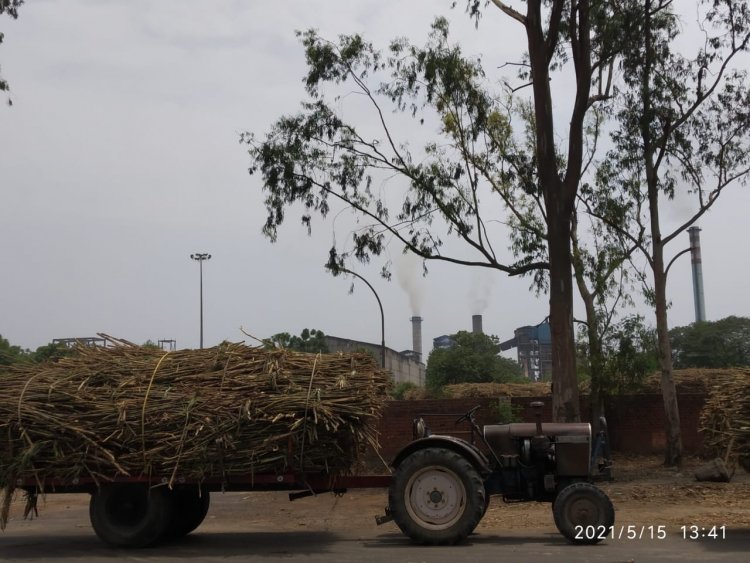
If somebody owes you money and does not pay it even six months or a year after it is due, you will certainly expect to be paid along with the interest. And the hope becomes all the stronger when the interest payment is legally binding. However, there is no guarantee that this hope will always get realized.
Nearly four million sugarcane farmers of Uttar Pradesh (UP) bear testimony to this belying of hope. The sugar mills of the state do not pay the cane farmers year after year within the stipulated period and the arrears thus run into thousands of crores of rupees. Legally, the calculation of arrears starts 14 days after cane supply because farmers should receive payments within a period of 14 days. There is a provision of interest if payments get delayed beyond this period. Often, however, this does not happen.
Only last week Suresh Rana, the minister for cane development and sugar industry in UP, admitted in a press statement that sugar mills were in arrears of about one-third of the payments due to the cane farmers for the current crushing season (2020-21). Going by the figures provided by the state for crushing, this amount comes to about Rs 10,000 crore. Last season (2019-20), as of September 30, 2020, the last day of the season, sugar mills owed the cane farmers Rs 8,447 crores in arrears, as per the figures from the state government. Some of the sugar mills cleared this amount by January 2021. That is, sugar mills pay the farmers six months after cane supply or even later.
And this is happening when Prime Minister Narendra Modi had himself told the farmers of the state in his speeches during the 2017 Assembly elections that it would be ensured that they received the cane payments within the stipulated period of 14 days. The BJP government, which is being led by Chief Minister Yogi Adityanath, was formed in the state with an overwhelming majority. The government and the ministers speak about the amount of cane price payments made during their tenure but skip mentioning whether interest is paid on arrears. There are several similarities in this matter between the previous Samajwadi Party (SP) government led by Akhilesh Yadav and the present government.
Meanwhile, the matter is now in the Supreme Court (SC) and if the Covid-19 pandemic remains under control, the case of interest to be paid to cane farmers may become clear in the next couple of months. In fact, an interest of about Rs 2,500 crore had accrued for sugar mills to be paid to the cane farmers during the Akhilesh Yadav-led SP government. This interest calculation had started after the January 2014 judgment of the Allahabad High Court. The SP government had waived the interest in the public interest. There is a provision in the state that the Cabinet can do so on the advice of the Cane Commissioner. But, subsequently, the government’s decision to waive the interest was challenged in the high court. The present government even received instructions from the court in this case. This government then said that interest could be paid. However, as per the central law, the farmers should receive 15 per cent interest on arrears. The state government, on the other hand, proposed that the profit-making sugar mills should pay interest at the rate of 12 per cent and the loss-making ones at 7 per cent. It is another matter that the state government is yet to divulge the amount of interest that sugar mills owe to the farmers.
About a year and a half ago, VM Singh, the Convener of the Rashtriya Kisan Mazdoor Sangathan, filed a petition in the Supreme Court on behalf of his organization that said that the state government should not have the right to waive interest. There has been no hearing on the petition so far due to Covid-19. One hopes things would become clear if there is a hearing in the next couple of months. But what is interesting is that the state government, which claims to have made record payments to the cane farmers, is silent on the amount of interest to be paid.
The Akhilesh Yadav-led government had kept the State Advisory Price (SAP), which is determined by the state government, on a freeze for three seasons and increased it only twice. Following the same track, the present Yogi government also increased the cane SAP by Rs 10 per quintal in the first season (2017-18) and has kept it frozen for the three subsequent seasons. Which means, despite the increase in the various costs for cane production, there has been no increase in the crop price for the farmers. Recently, on being questioned by RuralVoice about price, Suresh Rana said, “Our focus is on cane payments.”
In fact, going by their experience of delay in payments, even the cane farmers now think merely of the payments; there is hardly any place for interest in their hopes. Speaking to RuralVoice on this issue, VM Singh said, “I hope that just like the five-member constitution bench of the Supreme Court had in May 2004 decided in favour of the cane farmers, upholding the right of the state government to fix cane SAP, the judgment will be in favour of the farmers even in the matter of interest.”
Singh has a point. When the payment gets delayed in the case of Kisan Credit Cards, the farmers get no relief in interest and they have to pay an excess amount as interest. Why then should the sugar mills not pay interest to the farmers on their arrears? It is the negligence of the state government that is leading to the non-payment of interest to farmers. The day they start receiving the interest, the amount of cane payment arrears will also reduce because the mills will then realize that they would have to bear the burden of interest. As of now, they feel as if they were exempt from interest payments.



 Join the RuralVoice whatsapp group
Join the RuralVoice whatsapp group


















